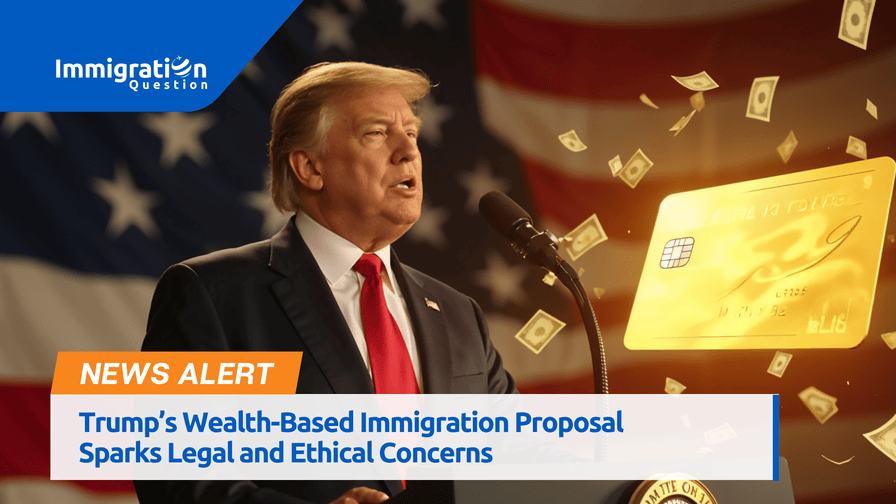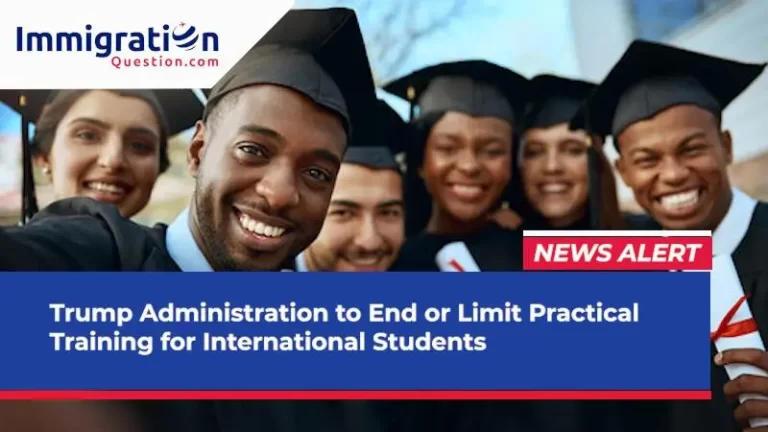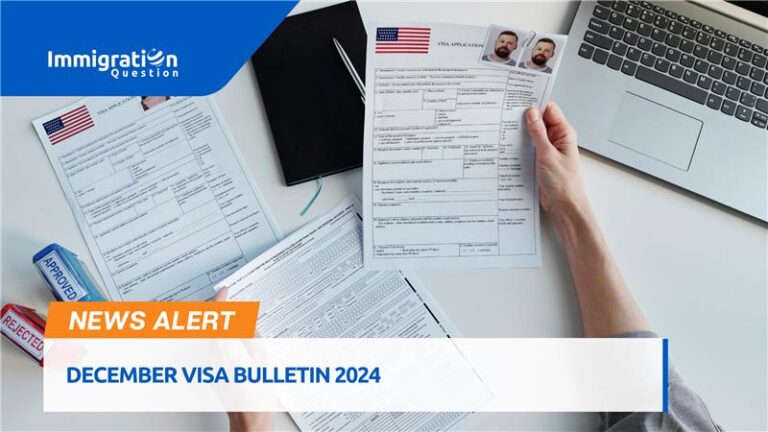President Donald Trump has proposed a controversial plan to create a new “gold card” visa, allowing wealthy foreigners to live, work, and potentially obtain U.S. citizenship for a $5 million fee. The announcement, made in the Oval Office, framed the gold card as a premium alternative to the traditional green card. The President also claimed that this new visa would replace the existing EB-5 investor visa program, which grants residency to foreigners who invest in job-creating U.S. businesses.
Legal Concerns and Lack of Authority
Legal fraternity and immigration attorneys swiftly voiced concerns regarding the legality of the proposed measure, questioning its alignment with established laws and constitutional protections.
The EB-5 program was established by Congress in 1990, meaning that any changes to it would require legislative action.
Analysts pointed out that the President does not have the authority to eliminate or replace the program unilaterally. Immigration attorneys noted that the legal framework for the gold card is unclear and that the administration has provided little information about how it would work in practice.
Wealth-Based Immigration Approach
Critics argue that the gold card proposal reflects Trump’s broader immigration philosophy — prioritizing wealthier individuals over other types of immigrants.
It is speculated that some immigration experts see this plan as consistent with Trump’s tendency to favor economic privilege, creating a pathway to citizenship primarily accessible to the ultra-wealthy.
Unclear Benefits and Corporate Sponsorship
The President presented the gold card as an upgraded version of the green card, claiming it would provide additional — though undefined — privileges. It was also suggested that U.S. corporations could purchase these gold cards to sponsor foreign talent, allowing companies to secure long-term legal status for valuable international hires. However, some experts noted that several existing programs, including the H-1B visa for skilled workers and visas for executives of multinational firms, already provide legal pathways for corporate-sponsored employees.
Plans to Eliminate the EB-5 Program
Commerce Secretary Howard Lutnick announced the administration’s intent to completely terminate the EB-5 visa program, which he criticized as fraudulent and ineffective.
Currently, the EB-5 program requires a minimum investment of $1.05 million in job-creating businesses, or $800,000 if the investment is made in designated high-unemployment or rural areas.
Lutnick indicated that the $5 million gold card fee would be a direct payment to the federal government, with no requirement to create American jobs. He suggested that the funds could be used to help reduce the federal deficit.
Barriers for Foreign Investors
It is speculated that this drastic shift could further complicate the process for wealthy foreigners seeking U.S. residency, particularly Chinese investors who face strict financial regulations at home. Raising the investment requirement to $5 million would make it even harder for them to legally transfer funds.
Global Trends in Investment Visas
Globally, many countries offer “golden visa” or “golden passport” programs, where residency or citizenship can be purchased through investment. However, such programs have increasingly come under scrutiny, especially in the European Union, due to concerns over money laundering, tax evasion, and other financial crimes.
What’s Next?
It is speculated that the proposed gold card program is likely to face significant legal challenges if the administration attempts to implement it through executive action alone. With no clear legal pathway or detailed framework, Trump’s gold card proposal has left immigration experts skeptical, raising doubts about its feasibility and legality. USCIS, the only federal agency solely dedicated to immigration services, also plays a critical role in determining the rules and processes for lawful immigration pathways — none of which currently align with the vague outline of the gold card plan.
To stay updated and informed, watch our news section or drop your immigration queries on immigrationquestion.com and get responses from professional attorneys.










